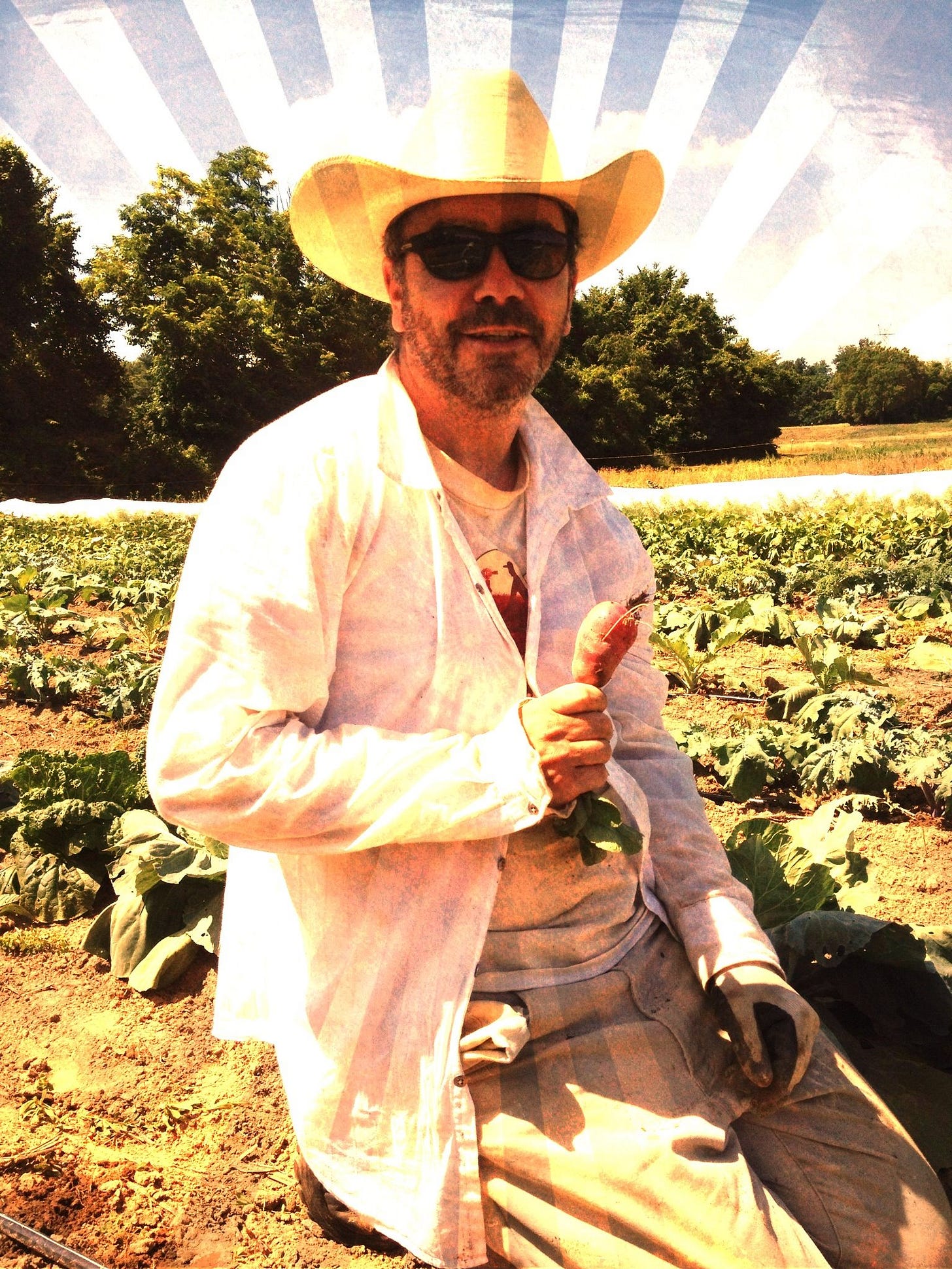What is the Radish Research Newsletter?
A regular (free) newsletter focusing on the roots of the labor movement’s decline and revival using investigative research methods and financial analysis skills that I learned as a long-time analyst and campaigner for progressive unions. The ambition here is not to compete with the wonderful new wave of labor reporting and analysis, but to till some fields of investigation that have been overlooked (and to overuse farming metaphors!). The hope is that some of this research will be useful to the constellation of forces seeking to revive a sclerotic labor movement running out of time.
Uh, What’s the Deal with the Radishes?
The newsletter is called Radish Research because…I love a radish, I grow radishes in my garden, I pickle radishes, I worked on a farm called Radix for a year and ate radishes for breakfast, so that’s why. Also, “radish” and “radical” have the exact etymological origin from the Latin word radix "root."



